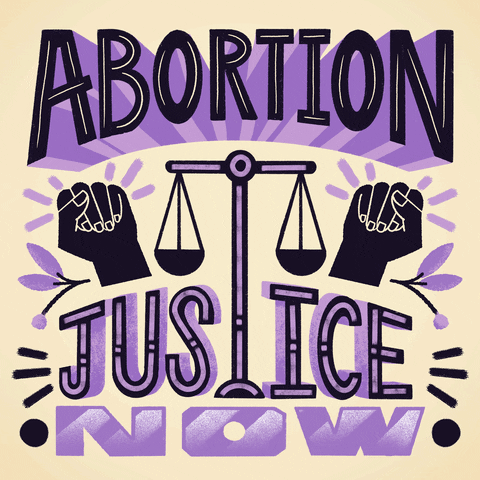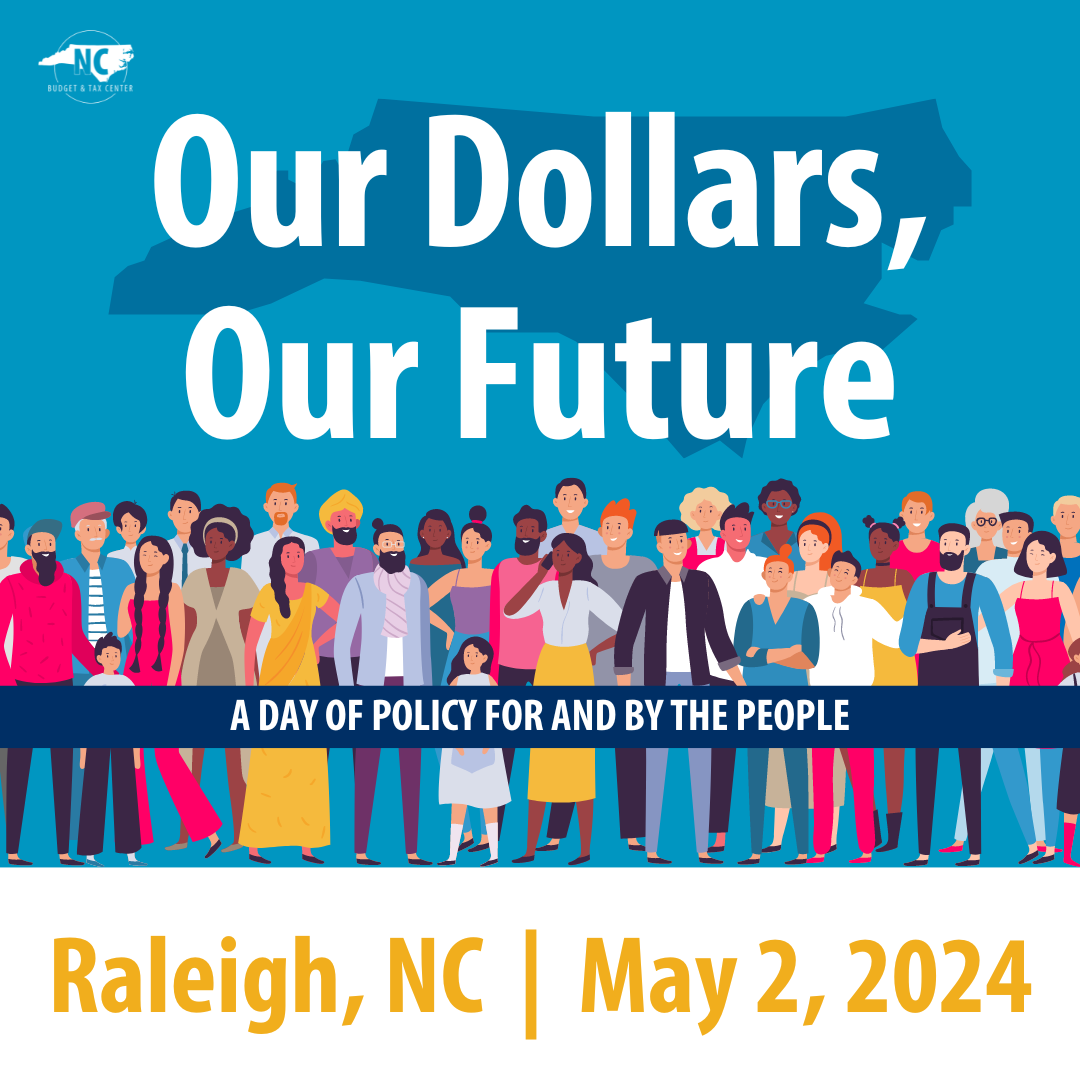
Freedom, justice, and economic vitality threatened by potential abortion restrictions
If you believe everyone has the right to decide if and when to become a parent, join defenders of reproductive justice on Tuesday, Feb. 21, to make your voice heard at the General Assembly: rebrand.ly/ReproAdvocacyDay
Ever since the Supreme Court overturned Roe, we’ve been waiting to see how far conservatives legislative leaders would push their mission to control women, and whether public pressure will stiffen the spines of legislators defending reproductive rights.
No matter the policy details or attending political spin, any effort to further limit abortion access would be a social and economic disaster. Even if we only consider the economic ramifications, attacks on abortion access would degrade the freedom of people who can become pregnant and undermine our state’s economic vitality.
Personal freedom starts with bodily autonomy
Valuing freedom means protecting abortion rights. Our communities do better when everyone can choose whether to have kids and have the resources they need to raise thriving children.
If you can be forced to carry a child to term, “freedom” is just a meaningless word. Abortion restrictions harken back to a not so bygone time when women were treated as property by their husbands, fathers, or brothers. Even now, abortion restrictions uniquely strike at the personal freedom of lower-income people, communities of color, and economically marginalized parts of the state where health care of all kinds is harder to get.
We know far too well how abortion restrictions can destroy the agency of people who can become pregnant. People who are denied abortions are more likely to end up in poverty and become unemployed. Many of these consequences can last for years, or even generations.
Denying abortions can literally rob people of their dreams. Women and people who can become pregnant that are denied abortions have a harder time imagining a hopeful economic future and are less likely to complete a university degree that could put them on a different economic trajectory for the rest of their lives.
If we want to be the kind of state where dreams can be realized, where everyone has some measure of control over their economic destiny, and where freedom is more than a slogan, we have to stop the assault on reproductive rights.
Abortion access increases economic participation
It’s almost too simple to be worth pointing out, but being forced to carry a child to term can make it much harder to find and keep a job.
Women in states that expanded abortion rights before Roe were more likely to be in the workforce than women in states with abortion bans. Then once the landmark case expanded the right to an abortion nationwide, women surged into workplaces across the country.
Abortion was already limited in a variety of ways in North Carolina before last year’s Dobbs decision. By some estimates, eliminating the barriers already on the books could pave the way for over 20,000 more people to join the labor force.
Clearly labor force participation is not the only economic goal worth pursuing, but women entering the workforce is responsible for a huge amount of the economic progress in the United States and around the world in recent decades. Particularly at a time like this, when employers are scrambling to find workers and we have not recovered to pre-COVID employment levels, we should not be throwing up even more roadblocks to peoples’ ability to find and hold a job.
We all lose economically when abortion access is limited
Making it hard to get an abortion won’t just harm women and people who can become pregnant. We’ll all pay a price as North Carolina’s economic potential is hobbled and business leaders think twice about investing here.
Abortion restrictions create economic fallout that first hits women and children. States with more severe abortion restrictions tend to have higher poverty rates for women, and the Roe decision to legalize abortion nationwide significantly reduced child poverty. Abortion restrictions often push children in economically vulnerable families into poverty and can undermine their future economic opportunities.
But the hit goes beyond parents and children – the waves of harm ripple out through the broader economy. Eliminating existing restrictions could dramatically boost personal income in North Carolina as more people would be able to enter the labor market, and nationwide it would add up to over $100 billion in new economic activity.
Long-term, the harm to North Carolina’s economy – and reputation – could be even more profound than the studies to date would indicate. North Carolina’s economic prospects are increasingly tied to attracting high-tech companies, and they are keenly aware that many skilled workers won’t live in a state that deny people control over their own bodies. Business leaders will look elsewhere to hold conferences, to host sporting events, and to build their next headquarters.
Make your voice heard
Abortion opponents will probably try to gussy up their proposals with unrelated provisions meant to look pro-parent and pro-child. Don’t buy it. Any new restrictions on abortion will make North Carolina less free, less just, and less prosperous.
The good news is the fight isn’t over. Your representatives need to hear the clear voice of the clear majority of North Carolinians who support abortion rights. Write or call your legislator to let them know you’re paying attention to what they are doing. Join us on Feb. 21 as we fill the halls of the General Assembly with people defending abortion access.
When freedom is under assault like it is right now, inaction itself is taking a side.


